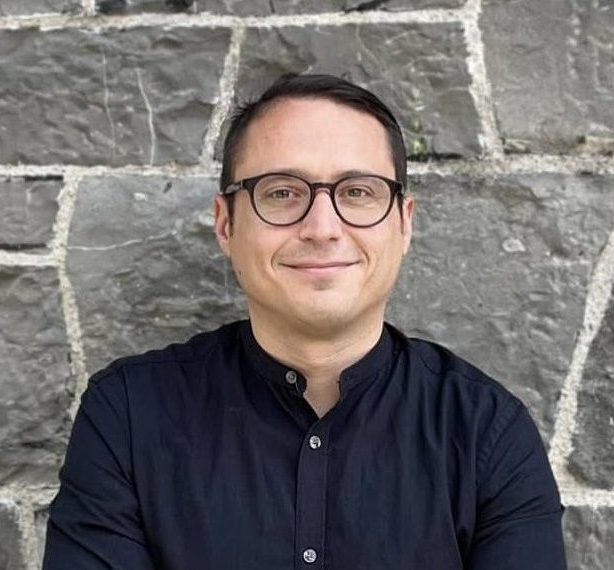
Chair
Dr
Andreas Balaskas
University College Dublin
Ireland
Short Bio
Dr. Andreas Balaskas is a postdoctoral research fellow at University College Dublin's School of Computer Science, with a strong background in Human-Computer Interaction and Computer Science. Dr. Balaskas' current research focuses on the design of mental health technologies aimed at supporting young people through different stages of their mental health journey.

Vice-Chair
Prof
Maurice Mulvenna
Ulster University
United Kingdom
Short Bio
Maurice Mulvenna, PhD., is Professor of Computer Science at Ulster University. His research interests include artificial intelligence; ethical dimensions of AI; explainable interfaces; data analytics; and interdisciplinary research in health, mental health and wellbeing.
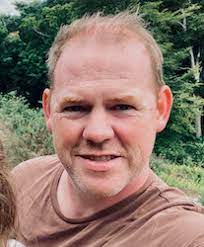
Grant Holder Scientific Representative
Dr
David Coyle
University College Dublin
Ireland
Short Bio
Dr David Coyle is an Associate Professor in the School of Computer Science at University College Dublin and a founding member of the HCI@UCD research group. His research focuses on human-computer interaction, with an emphasis on the design of digital mental health technologies. This has included work on online help-seeking and the design of online and mobile interventions for young people and adults. His research emphasises interdisciplinary collaboration and the human-centred approaches.

Science Communication Coordinator
Dr
Jessica Goodman Casanova
IBIMA-Plataforma BIONAND
Spain
Short Bio
Dr. Jessica Marian Goodman-Casanova is a postdoctoral researcher and mental health nurse specialist at Hospital Regional Universitario de Málaga - Instituto de Investigación Biomédica de Málaga y Plataforma en Nanomedicina–IBIMA Plataforma Bionand (Spain). She has experience in managing digital clinical trials using smartphones, tablets, televisions, and websites. Her work integrates technological innovations to enhance patient care, improve clinical outcomes, and support mental health initiatives.
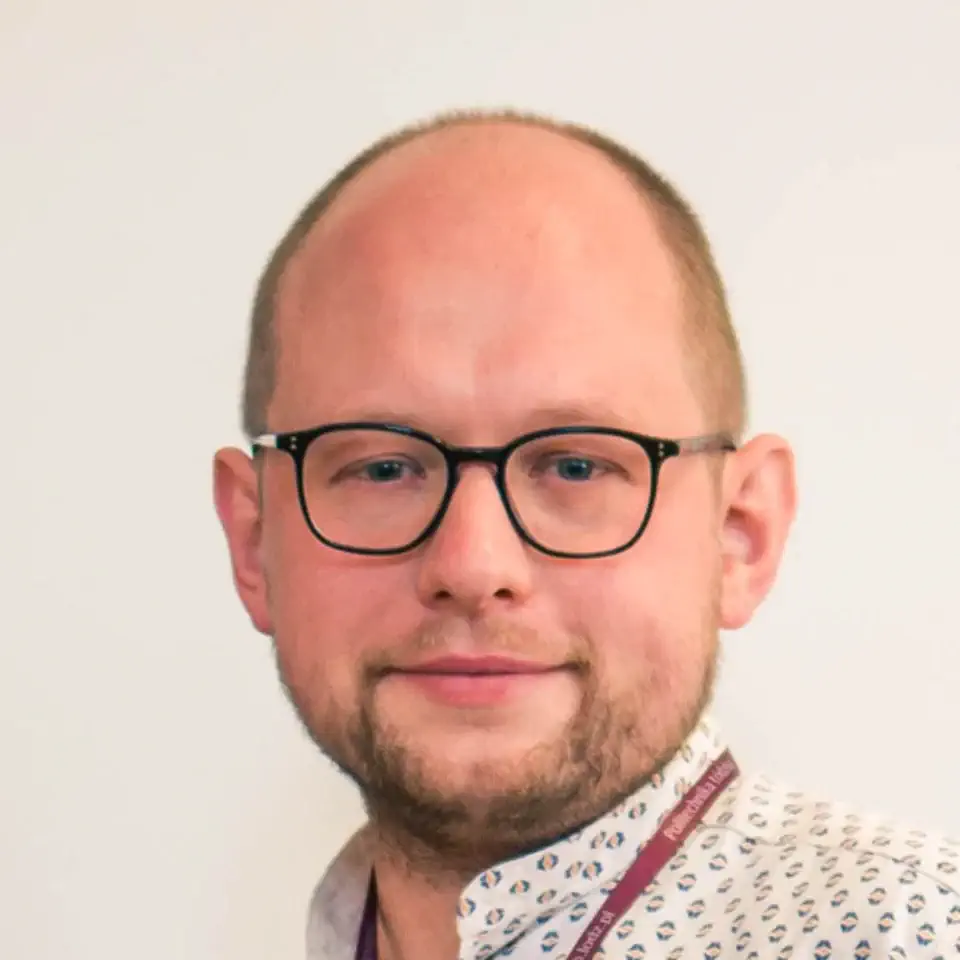
Grant Awarding Coordinator
Prof
Paweł W. Woźniak
Vienna University of Technology
Austria
Short Bio
Paweł W. Woźniak, tekn. dr, is a professor at TU Wien and head of a research unit. Previously, he was an associate professor at Chalmers, an assistant professor at Utrecht, and a postdoctoral fellow at Stuttgart. He earned his PhD in HCI from Chalmers in 2016. His research focuses on technologies, sport, and wellbeing, particularly how people engage with personal informatics. He builds sports-related devices and explores multi-surface interactions, sensory augmentation, and unsettling technology experiences. He has received multiple paper awards (CHI, DIS, MobileHCI, EICS) and held leadership roles (TEI'23, ISS'21, SIGCHI Poland Chair).
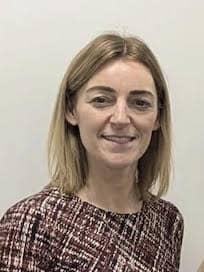
WG1 leader
Dr
Amanda Fitzgerald
University College Dublin
Ireland
Short Bio
Dr Amanda Fitzgerald is an Associate Professor at University College Dublin’s School of Psychology and a leading researcher in the field of youth mental health. Her research focuses on identifying and addressing key risk and protective factors influencing young people’s mental health, incorporating youth participation into mental health research, and innovations in youth mental health service delivery. As a co-founder of the UCD Youth Mental Health Lab, Dr. Fitzgerald is dedicated to advancing research in this area, with a clear commitment to translating research findings into tangible outcomes that improve the lives of young people.
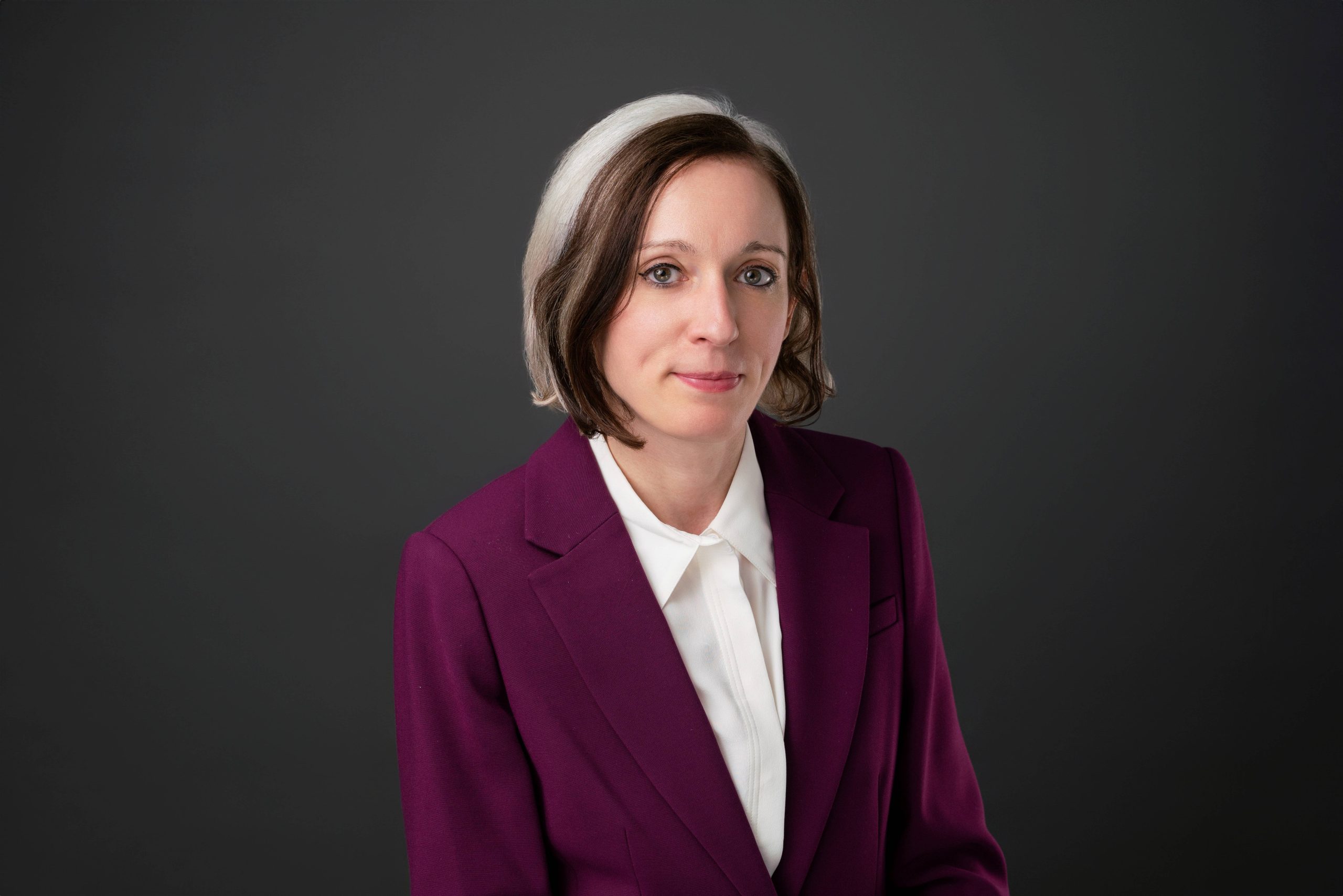
WG1 co-leader
Dr
Charlotte Blease
Uppsala University
Sweden
Short Bio
Dr Charlotte Blease is Associate Professor of Health Informatics at Uppsala University Sweden, and Research Affiliate at Digital Psychiatry, Beth Israel Deaconess Medical Center, Boston, USA. She is an interdisciplinary researcher who has explored healthcare ethics, health services research, and the psychological justifications for AI in healthcare.
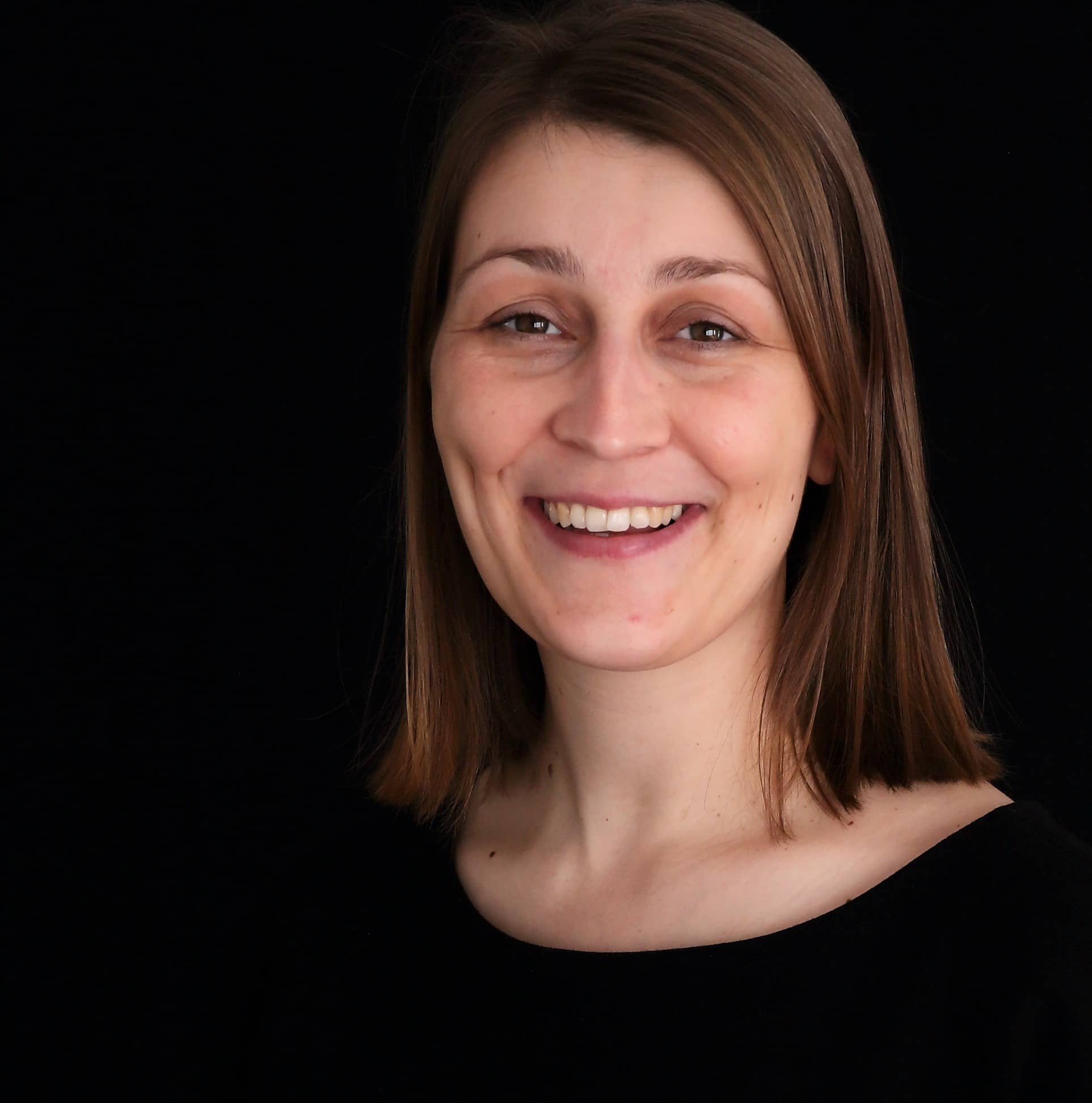
WG2 leader
Dr
Ine Beyens
University of Amsterdam
Netherlands
Short Bio
Dr. Ine Beyens is an Assistant Professor in the Amsterdam School of Communication Research (ASCoR) at the University of Amsterdam. She investigates the effects of digital media on the emotional, psychological, and social development of children and adolescents. Her current work investigates the effects of social media use on adolescents’ well-being. To advance this field, she utilizes intensive longitudinal data, collected through experience sampling methods, daily diaries, and data donation.
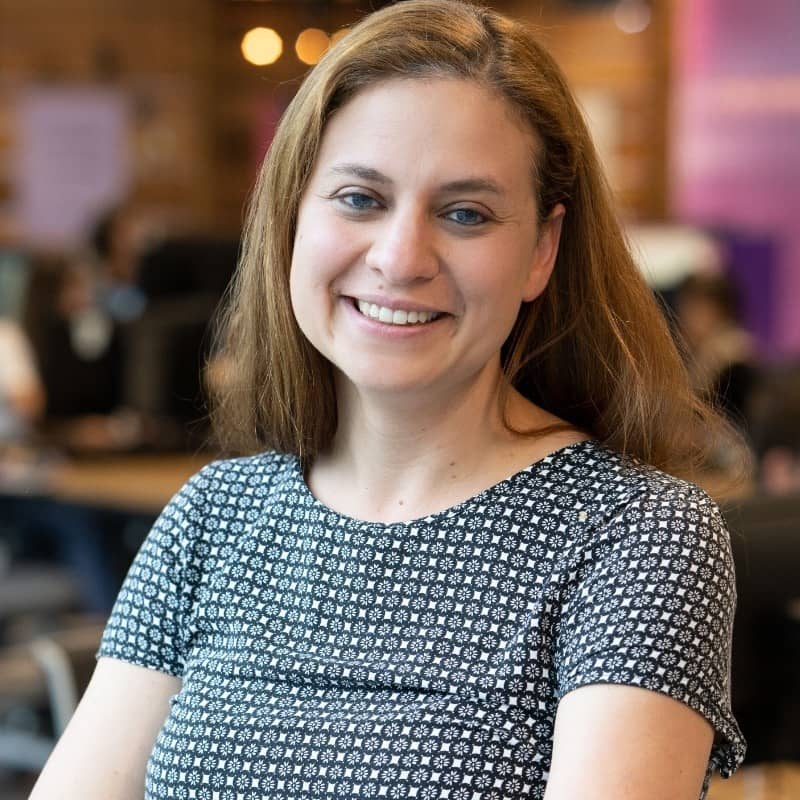
WG2 co-leader
Dr
Claudette Pretorius
University College Dublin
Ireland
Short Bio
Dr. Claudette Pretorius is an Assistant Professor in the School of Computer Science at University College Dublin, specialising in human-computer interaction with a focus on digital mental health. Her research explores the intersection of technology and mental wellbeing, with particular attention to young people’s online help-seeking behaviours and the design of supportive, engaging, and trustworthy systems. Dr. Pretorius is dedicated to creating impactful, ethical, and user-centred solutions that support young people's mental health. With an academic background spanning social sciences and counselling psychology, she brings an interdisciplinary approach to her work, combining technical innovation with a deep understanding of human behaviour.

WG3 leader
Dr
Zoraida Callejas Carrion
University of Granada
Spain
Short Bio
Zoraida Callejas, PhD., is an Associated Professor at the Software Engineering Department, University of Granada, Spain. Her research focuses on conversational systems and speech and language technologies, particularly their applications across various domains, including mental health and well-being. She recently coordinated the H2020 RISE Project MENHIR and contributes to the European projects CRYSTAL and alt-edic4EU, which explore speech and language technologies in diverse contexts, with a special emphasis on mental health.
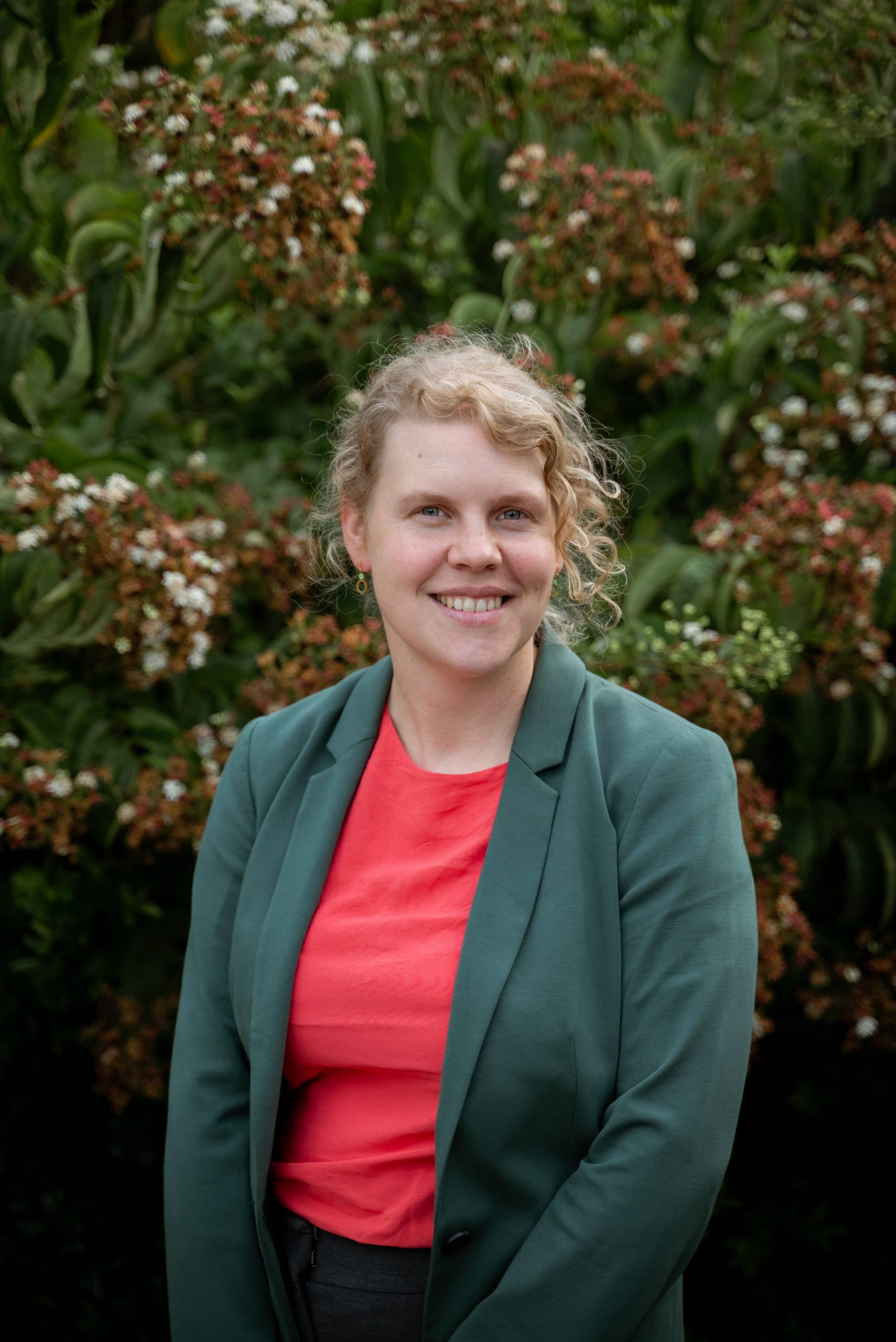
WG3 co-leader
Dr
Nele de Witte
Thomas More University of Applied Sciences
Belgium
Short Bio
Dr. Nele De Witte works at Thomas More University of Applied sciences as a digital mental health researcher, the scientific coordinator at LiCalab living lab, and the course coordinator of Digital Psychology. Dr. De Witte conducts practice-oriented research in the areas of digital mental health, real-life data collection (with a specific focus on wearables & psychophysiology), user-centered design and implementation.
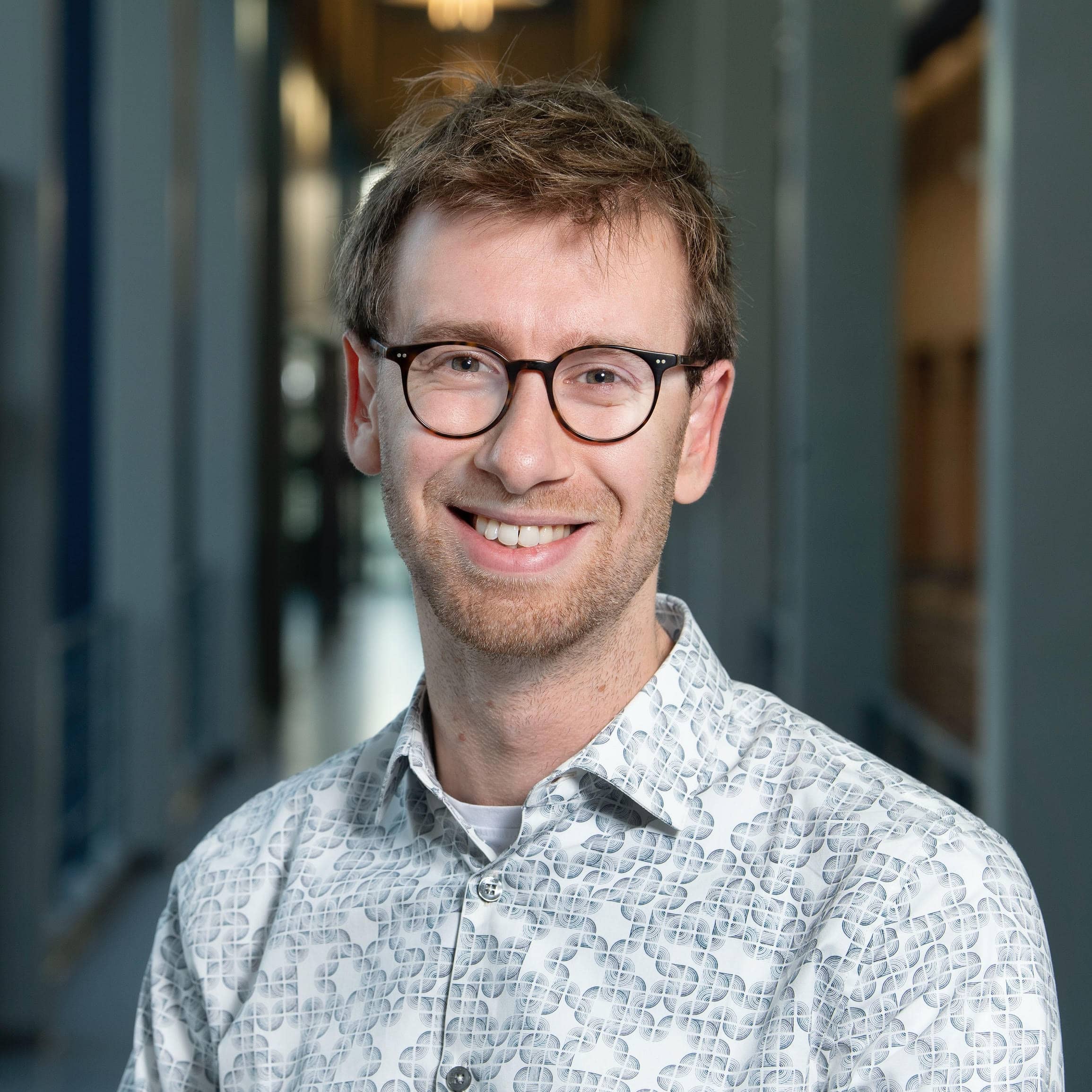
WG4 leader
Dr
Niels van Berkel
Aalborg Universitet
Denmark
Short Bio
Niels van Berkel is Professor at the Department of Computer Science at Aalborg University, Denmark. He leads the Human Centered Computing group, which focuses on designing, developing, and applying interactive computing technologies. His work seeks to support and enhance human cognition and emotion through digital technology, often in collaborative and real-world settings and through the use of use of social, mobile, or intelligent systems.
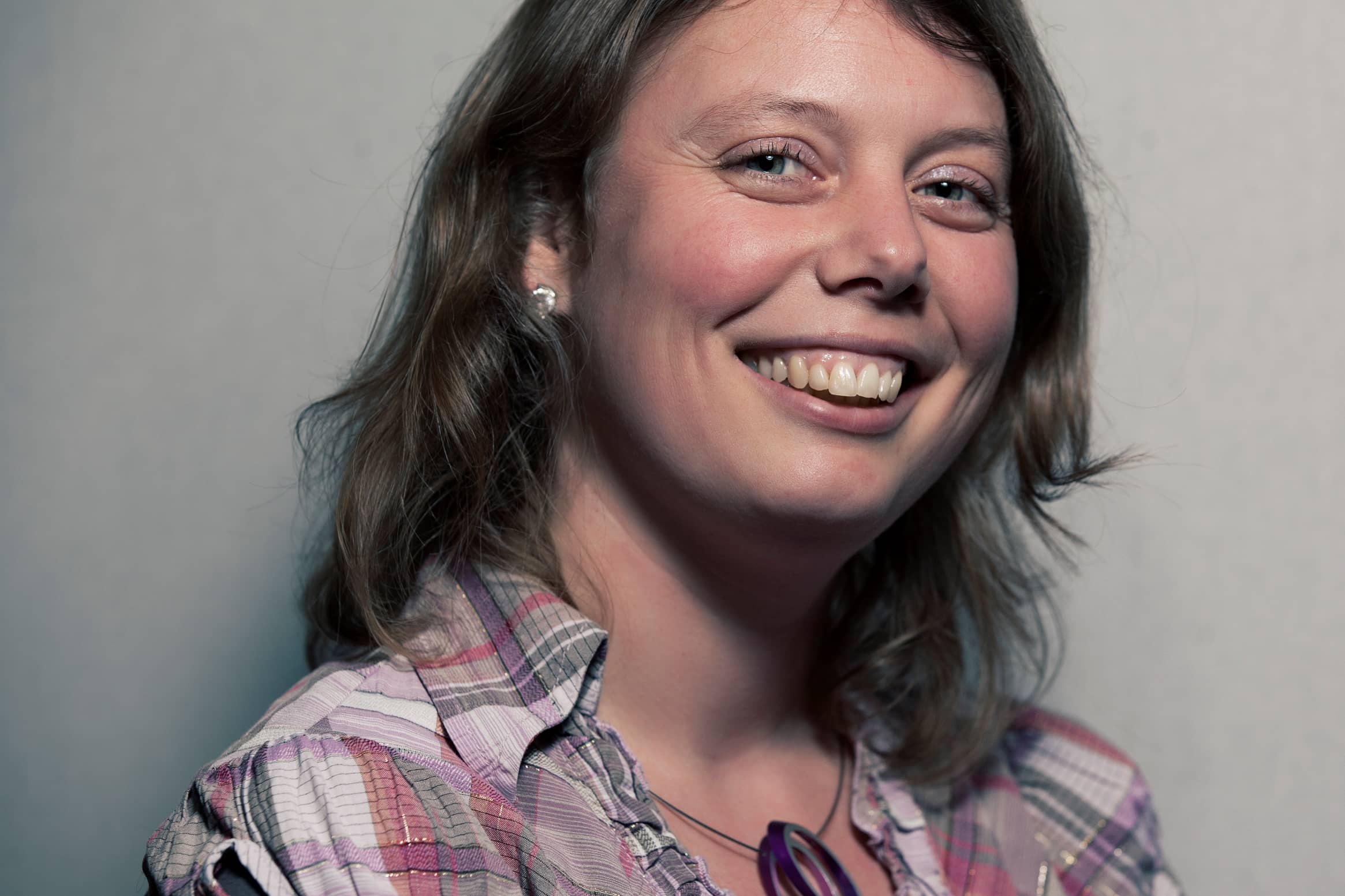
WG4 co-leader
Dr
Saskia Kelders
University of Twente
Netherlands
Short Bio
Saskia Kelders is Associate Professor at the Department of Psychology, Health and Technology at the University of Twente, Enschede, the Netherlands. She chairs the ‘engaging eHealth Technology lab’ at the University of Twente which focuses on improving development, evaluation and implementation of digital health interventions. Her work combines technological and psychological perspectives and is multidisciplinary in nature. She uses innovative research designs and concepts to investigate the relationship between technology, engagement and effectiveness. Currently, she works on her personal ERC Starting grant on engagement as a mechanism of impact for digital mental health interventions. In this innovative new research line, she uses new-to-field and challenging research methods (e.g. single case experimental design, realist evaluation, personalizes and adaptive interventions) by e.g. making smart use of the possibilities of technology.
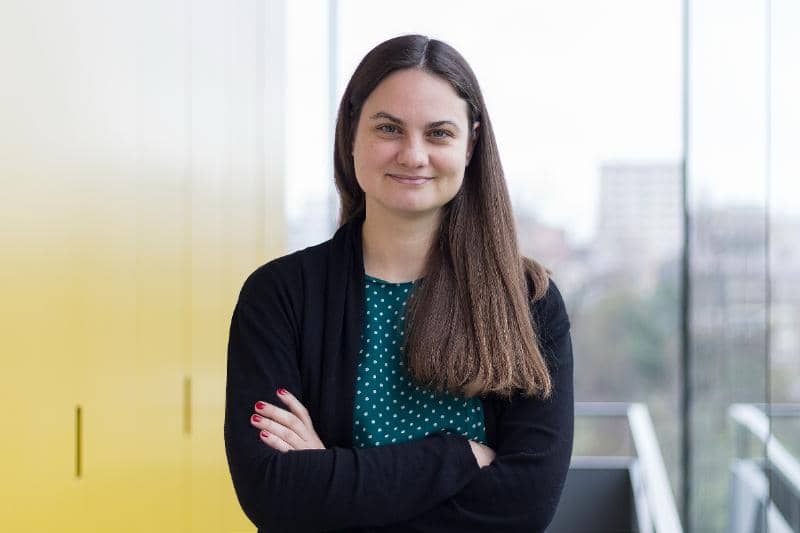
WG5 leader
Dr
Cristina Mendes Santos
Universidade da Maia and Universidade Fernando Pessoa
Portugal
Short Bio
Assistant Professor at Universidade da Maia and Universidade Fernando Pessoa, Portugal. Cristina Mendes Santos holds a Master’s degree in Clinical and Health Psychology, a Postgraduate degree in Healthcare Management, and a PhD in Dynamics of Health and Welfare, specialising in Digital Health. She is currently an Assistant Professor at Universidade da Maia and Universidade Fernando Pessoa in Portugal, and a Researcher at the Centre for Psychology at the University of Porto, where she teaches and conducts research in Digital Health, leading international projects in the field of Digital Mental Health. Throughout her career, Cristina has dedicated herself to designing and managing multidisciplinary projects aimed at improving the quality of life for individuals living with or at risk of developing chronic and mental health conditions. Her work integrates user-centred approaches, digital technologies, and artificial intelligence to advance prevention, early detection, and personalised care. She currently serves as Principal Investigator and Project Manager of iNNOVSensing and PRODROMUS, initiatives centred on digital phenotyping and just-in-time adaptive interventions, which represent strategic efforts to strengthen health systems and bridge the mental healthcare treatment gap.
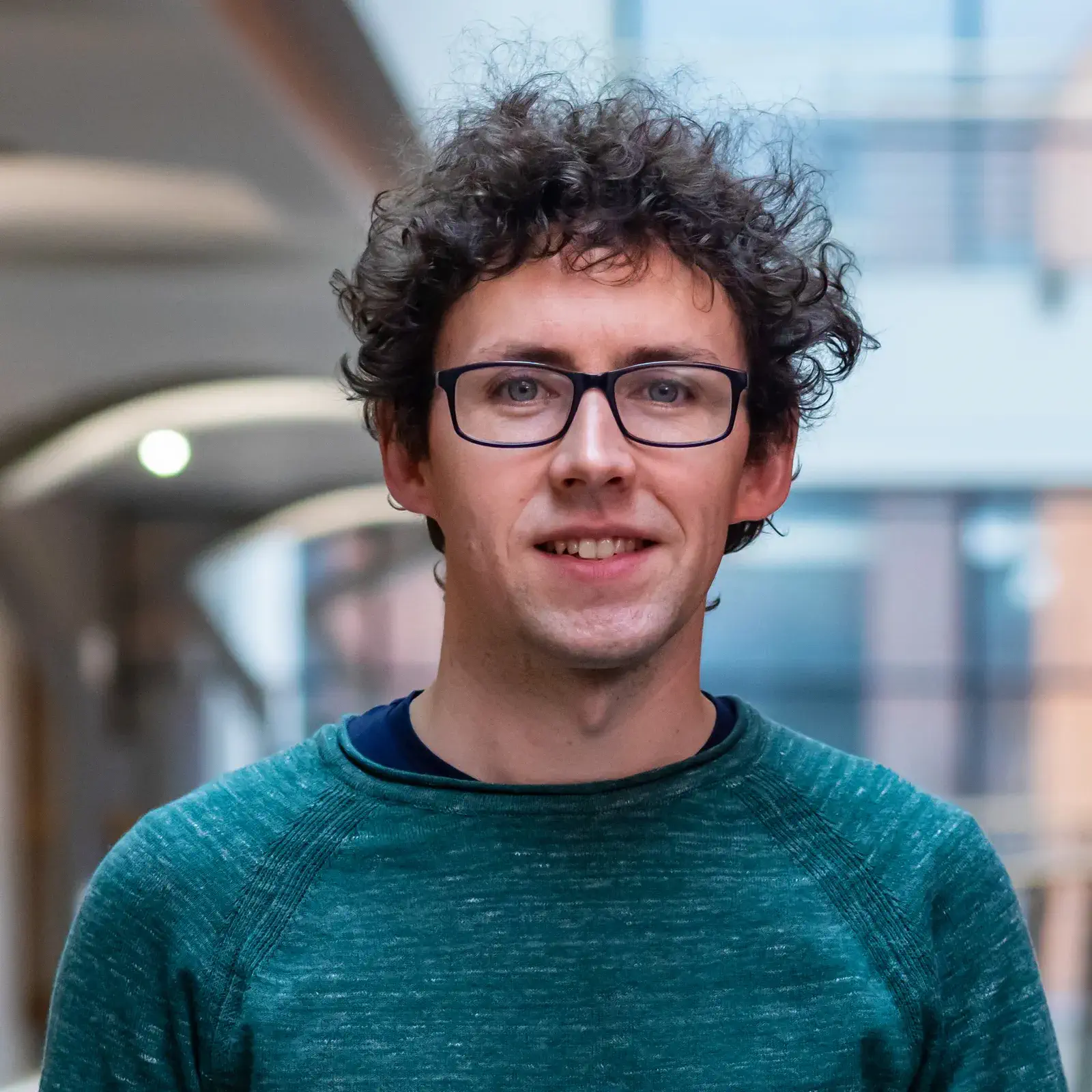
WG5 co-leader
Dr
Darragh McCashin
Dublin City University
Ireland
Short Bio
Assistant Professor in School of Psychology at Dublin City University. I am broadly interested in digital mental health, in particular the impact of social media on young people, using a range of inclusive methodologies such as co-design.